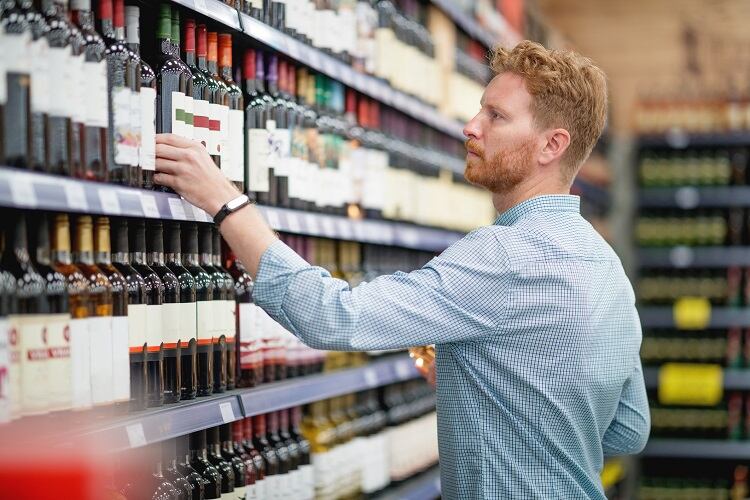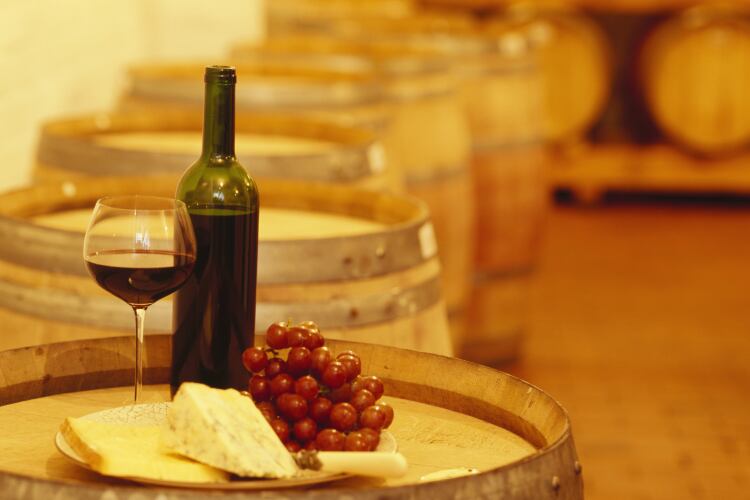In Europe, cancer is a major concern. In 2020, 2.7m people in the European Union were diagnosed with the disease, and according to the European Cancer Information System, another 1.3m people lost their lives to it.
As it stands, Europe accounts of one tenth of the world’s population, but a quarter of the world’s cancer cases. It has been estimated at a business-as-usual approach could see a 24% increase in the number of lives lost of cancer by 2035, which would make it the leading cause of death in the EU.
In an effort to stem rising cancer rates, the European Commission published Europe’s Beating Cancer Plan in February 2021. Amongst the initiatives designed to target cancer prevention, the Commission proposed mandatory labelling of ingredients and nutrient content on alcoholic beverages by the end of 2022.
Mandatory health warning labels would then follow, with enforcement predicted for the end of 2023.
These proposals have been met mixed reactions, with some fully supportive of alcoholic beverages being treated like any other food or drink product, while others are pushing back against on-label enforcement.
Wine culture, tourism, and economy
What could well set alcohol and wine apart from other food and beverage products is relationship with culture. In Italy, France, Spain, and Germany, amongst other European countries, wine has been ‘bringing people together’ for centuries.
This is the perspective of German MEP and ENVI member Christine Schneider, who at yesterday’s European Food Forum (EFF) event, co-hosted by the EP Intergroup on Wine, Spirits and Quality Foodstuffs, stressed that wine culture in Germany was recently included in the national register of intangible cultural heritage by UNESCO.
Beyond culture, wine is also an ‘entire economy’ and ‘tourism sector’ in Europe, she continued.
“Wine has been produced for thousands of years. The history of discussion about ingredients and nutrition labelling doesn’t go back as far as wine culture.”
Even so, MEP Schneider supports EU-wide ingredients and nutrition declaration on all alcoholic beverages. She also sees the value in declaring calories for products in the category.
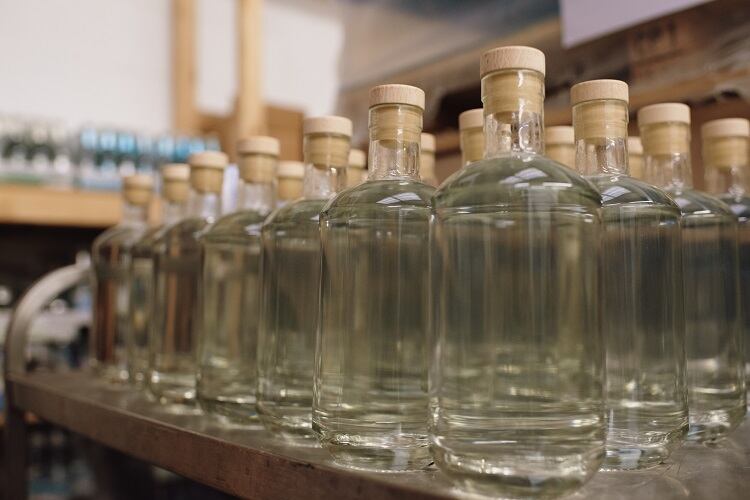
The ‘right’ approach for MEP Schneider, however, is not for ingredients lists and nutrition declarations to be displayed on-label alongside ABV and country of origin. The ‘right’ approach, we were told, lies in digital solutions.
Support for off-label, digital solutions
In October 2021, the EU’s wine and spirit industries came together to launch a new e-label platform, which provides consumers with information on ingredients, nutrition, responsible drinking guidelines and sustainability.
Created by Comité Européen Entreprises Vins and SpiritsEUROPE, the ‘U-Label’ uses QR technology to enable consumers to find information in any of the EU’s 24 official languages ‘at the click of a button’.
Drawing attention to the U-Label at the EFF event, MEP Schneider suggested this is how additional information, as laid out in Europe’s Beating Cancer Plan, should be accessed.
“All the key information should be on the label and we have a QR code the consumer [can use] to have access to all other relevant information.”
MEP Schneider is against health warning labels, both on- and off-label, preferring consumer education be the primary tool employed to ‘stop abusive alcohol’.
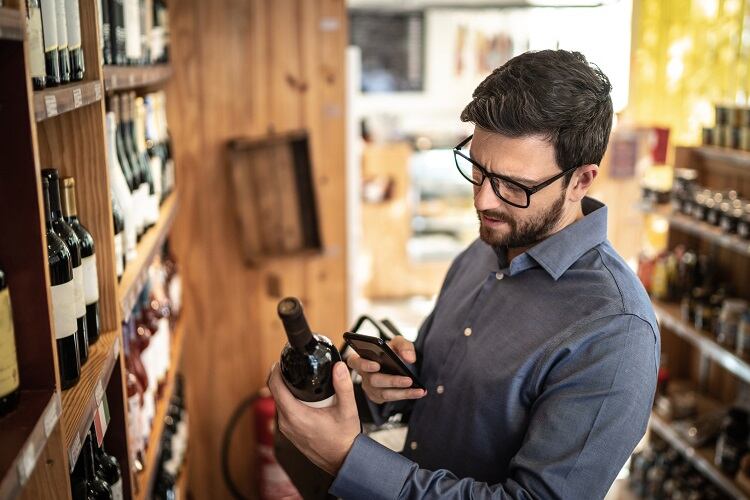
Ignacio Sánches Recarte, Secretary General of Comité Européen des Entreprises Vins (CCEV) and founder of the Wine in Moderation Association is similarly supportive of the U-Label.
“The digital [platform] provides the tools to communicate in a multilingual, clear way, in the language of the consumer, to provide all the relevant information in a safe context for companies and consumers,” he told the event.
Digital solutions can also give the power back to producers to ensure correct information about their products are shared with the public, he said. “Today, 80% of European consumers find and look for information about products on the web… We must not depend on Google to find information on how our products have been produced, their composition, their ingredients and so forth…we must provide right answers and information.”
One the key reasons Recarte backs a digital solution is due to the structure of Europe’s alcoholic beverage sector. With a particular focus on wine, Recarte stressed that the vast majority of producers are classified as small and medium-size enterprises (SMEs).
As such, any change in labelling has a ‘direct’ impact on these companies, and will so for the next three to four years, he estimates. “Any change must consider the capacity for our businesses to modulate their own production and communication to consumers.”
'Alcohol is not an ordinary commodity'
Not all are supportive of an off-label response to Europe’s Beating Cancer Plan proposals.
The European Alcohol Policy Alliance (Eurocare), for example, strongly opposes an off-label approach. “We want this information on the label,” stressed Florence Berteletti, Secretary General of the Eurocare, and a Board member of the European Public Health Alliance (EPHA).
“We know there is a direct relationship between alcohol consumption on one hand, and developing a number of diseases… including cancers, liver diseases and cardiovascular diseases.
“Alcohol consumption is responsible for one in every four deaths in the age group of 20-24 years old,” she told the event.
Alcoholic consumption in Europe is higher than any other region, responsible for “killing the equivalent of a large concert hall everyday”.
Eurocare is concerned about a lack of awareness in Europe surrounding ‘alcohol-related harm’. It is ‘incredibly low’ amongst the public, Berteletti said, a situation she said is ‘perpetuated’ by a lack of ‘effective an compulsory’ labelling and health warnings.
“As a consequence, people in Europe continue to treat alcohol as an ordinary commodity, just like bread of butter. But it isn’t an ordinary commodity, and they continue to consume more alcohol than in other parts of the world.”
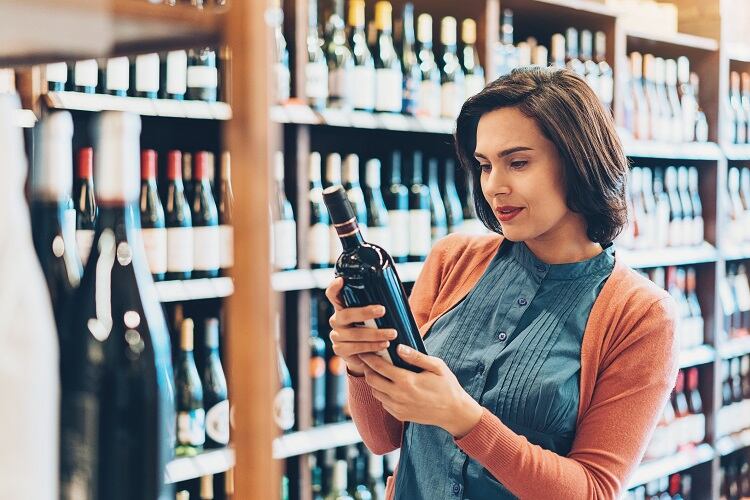
In response, Eurocare is campaigning for mandatory front-of-pack labelling, mandatory serving size recommendations, nutrition information, and warnings of the health effects of consuming alcohol.
“We are not talking about prohibition within the European Alcohol Policy Alliance. Our key message is ‘alcohol: less is better’.”


